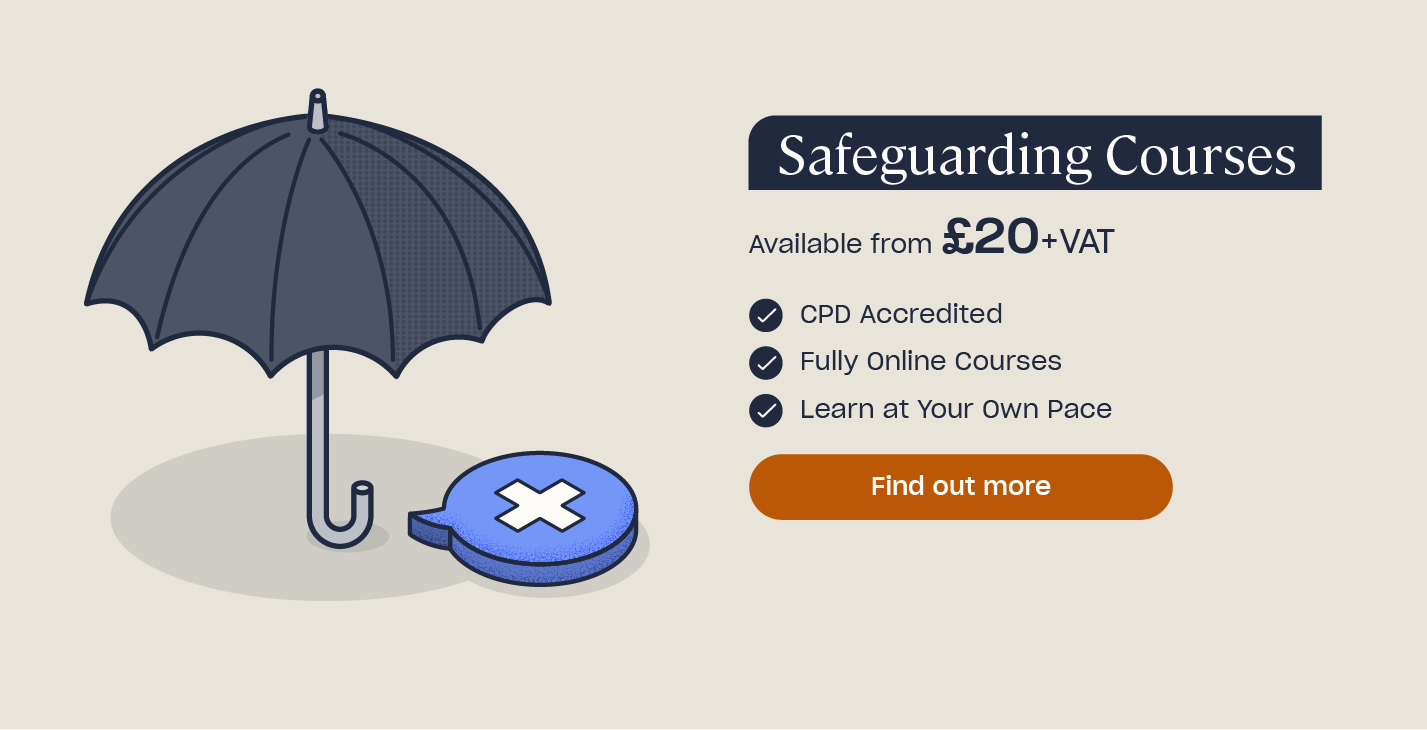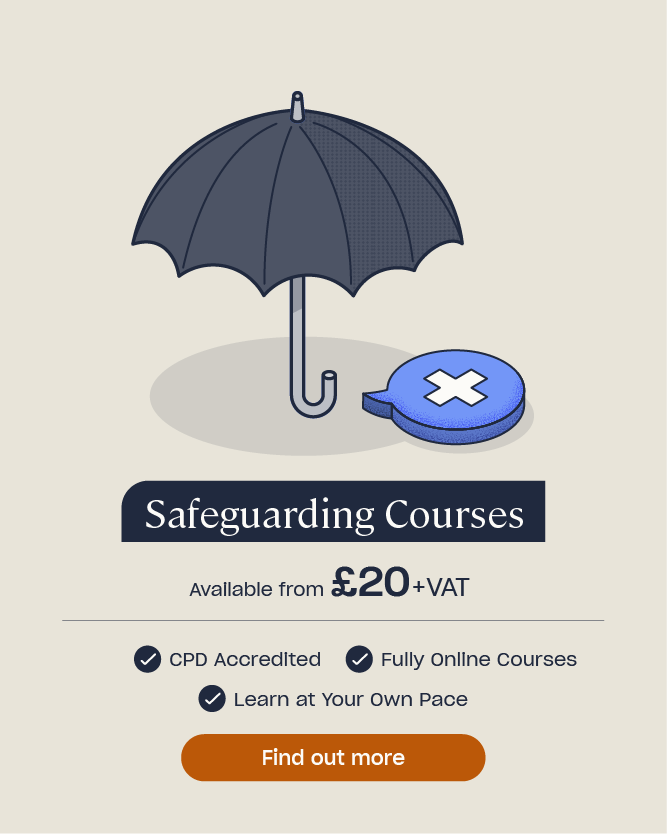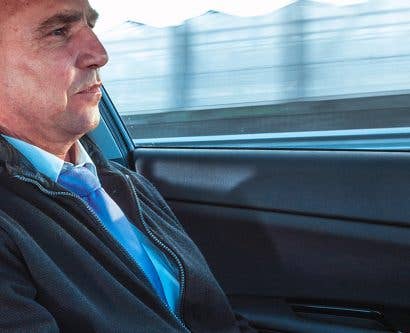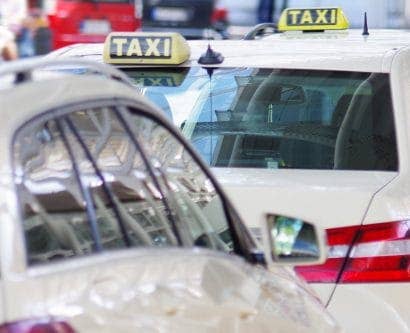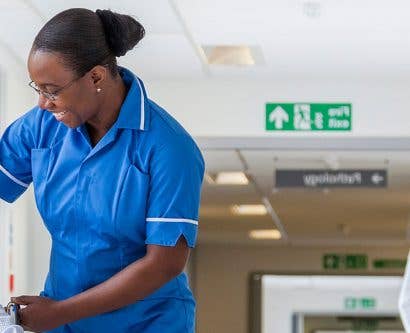How To Apply For A DBS Check When You’re Self-Employed
A Disclosure and Barring Service (DBS) check is required for certain job roles. Generally, any professional who comes into contact with children and adults at risk during their working day may be required to have one.
This includes medical and educational staff but also those who regularly visit people’s homes, such as electricians. Those who are self-employed and who often work with children or adults at risk, such as tutors or driving instructors, may be required to have one. If you are self-employed and working for an organisation, they may request you to have a DBS check to access certain locations.
You may find it beneficial to have one even if it is not required, as it demonstrates to potential customers and clients that you are of good character and are suitable for the role.
What Does a DBS Check Show Up?
There are three types of checks you can get which will provide differing levels of information.
A basic check can be obtained by any individual and will show any unspent convictions and cautions you may have.
Unspent Convictions Convictions all carry a set time as defined by the Rehabilitation of Offenders Act 1974. Unspent convictions are simply those that have not yet reached this time limit.
A standard check will show all criminal history including any spent and unspent convictions, cautions, reprimands and warnings that you may have.
An enhanced check will show all criminal history including any spent and unspent convictions, cautions, reprimands and warnings that you may have. In addition, an enhanced DBS check will show any extra information on the Police National Computer that’s considered relevant to the role you applied to.
Both the standard check and the enhanced check need to be carried out by employers. If you need either a standard or enhanced DBS check when self-employed, there are ways to achieve this, as we will discuss below.
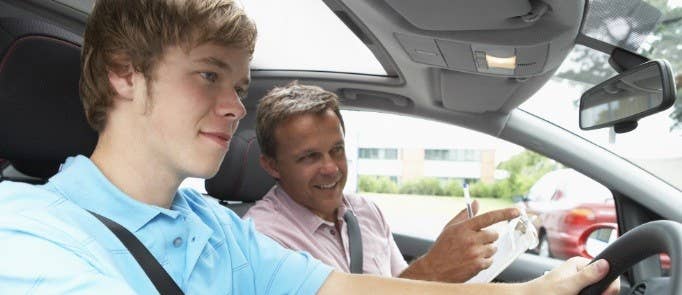
How Do I Apply for A DBS Check Myself?
The only DBS check you can apply for yourself is the basic check. However, most jobs that require DBS checks will request a more thorough level of information in order to protect children and adults at risk.
To get a basic DBS check you can apply through the DBS online application route or through an organisation registered with the DBS to submit basic checks.
If you are working in a profession where you may come into contact with children and adults at risk, you will most likely need a standard DBS check. Examples of these professions would be those in positions of authority such as lawyers or accountants.
If you are working in a profession where you will frequently come into contact with children and adults with care and support needs, it is likely you will need an enhanced DBS check. Examples of these professions would be nurses, care workers and teachers.
You will not be able to apply for a standard or enhanced DBS check as a self-employed individual, but you may be able to apply for assistance from your Local Authority, or a governing body.
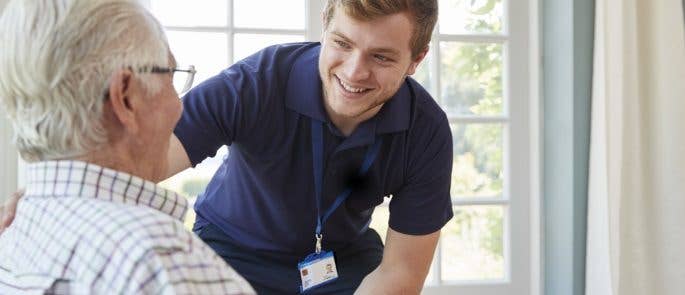
How to Apply for An Enhanced DBS Check for Individuals
As a self-employed individual you may feel you would benefit immensely from having a standard or enhanced DBS check that you can show to prospective customers and clients. It is no doubt a catch 22 situation – you want to obtain a DBS check but cannot actually get one for yourself.
However, there are several ways you can obtain a standard or enhanced DBS check.
-
Through Umbrella Companies
The government website has a section dedicated to locating DBS umbrella companies. These are companies who can do DBS checks on your behalf, depending on the nature of your role. For sole traders, such as a private tutor, you can use an umbrella body to submit a check on your behalf. For a full list, please click the link here.

-
Recruitment Consultants
Another way to have an organisation arrange a standard or enhanced DBS on your behalf is to sign up to a recruitment consultancy firm. Obviously, it would depend on your profession and your working needs, but a recruitment company should be able to process your request on your behalf. If you do take this route, make sure it works for you and your business needs.
-
Via Ofsted
Working with an Ofsted-registered organisation that provides childcare means that you will need to have an enhanced DBS check. If you work around children in another capacity, you might still be able to ask Ofsted to submit an enhanced DBS check on your behalf.
It is worth mentioning that anyone who works or lives with a childminder will also need a check. This includes those persons working at childminding premises such as gardeners, cleaners, and cooks etc.
Ofsted may also submit applications for DBS checks for volunteers in schools, charities or other settings where children are present. To be considered a volunteer and eligible for a DBS check, an applicant must be volunteering to undertake work and not receive payment or reward for their role.
You can find out more about DBS checks for volunteers here.
How Often Do I Need to Renew My DBS Check?
There is no official expiry date on DBS certificates but some companies may wish to see them renewed every 3 years. As you cannot fail a DBS check, there is no obligation to retake it.
There is now an update service as part of the DBS which will allow you to keep your DBS certificate up to date. It will also allow future employers to check your DBS certificate. You must register for the update service once you receive your DBS certificate, and it only applies for standard or enhanced checks.
It is important to note that the update service is functional so long as your roles are the same. If you have a DBS for working with children and then you need one in order to work with adults in need, you will need to submit another request. Likewise, if you have a standard DBS check and you need an enhanced one, you will need to reapply.
What to Read Next:
- Safeguarding Training Levels Explained: What’s the Difference?
- Do I Need A DBS Check for Work?
- Online Safeguarding People Training Courses



